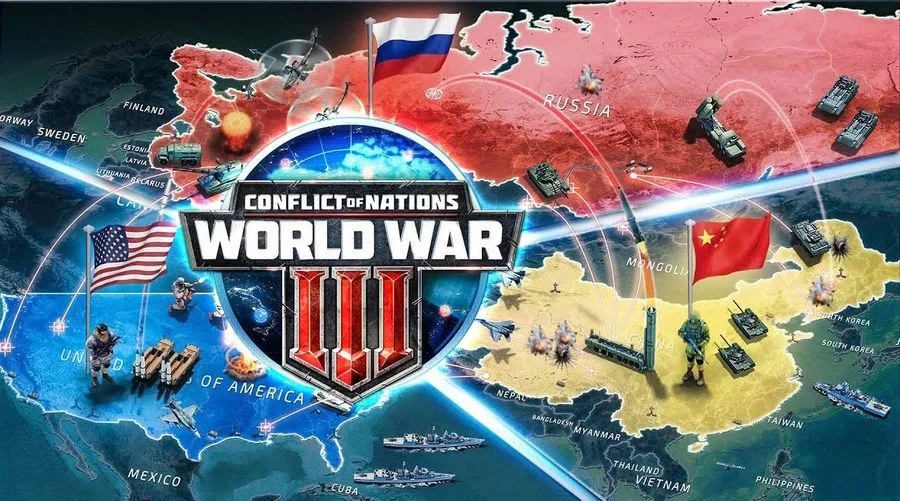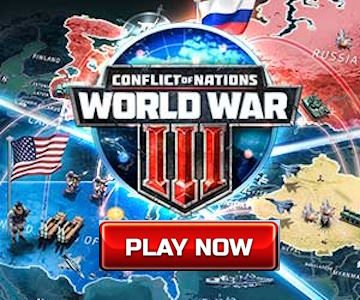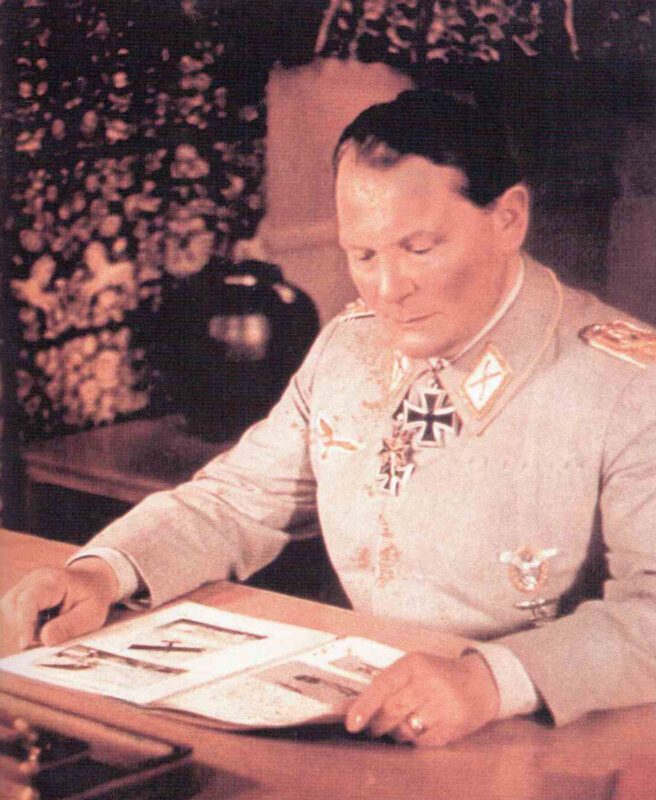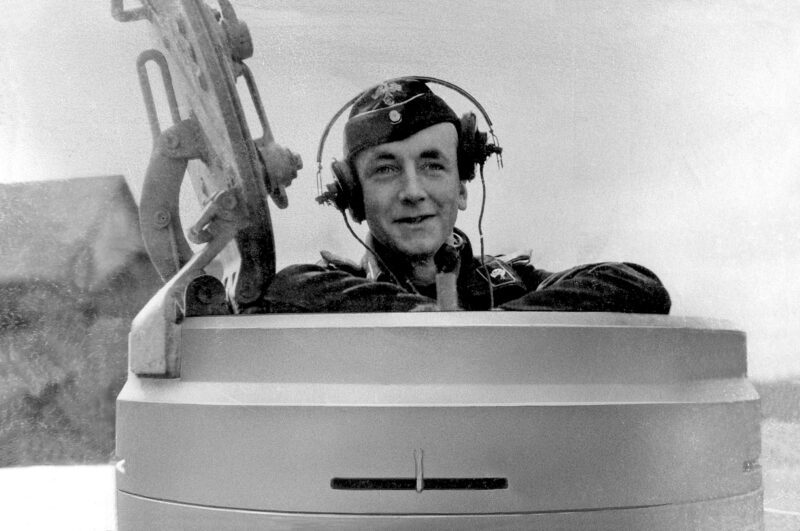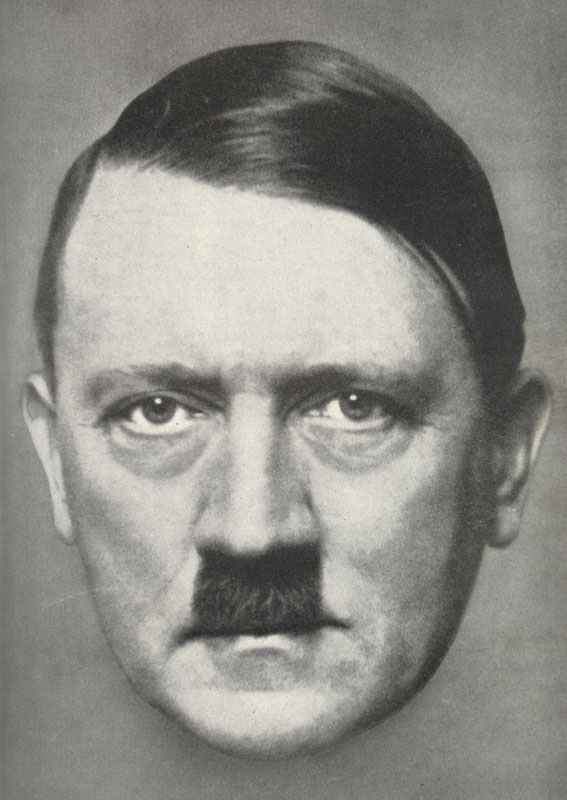Winston Churchill stands out as one of the most important figures of the 20th century. He served as Britain’s Prime Minister during World War II and shaped modern history with his leadership, writing, and political career.
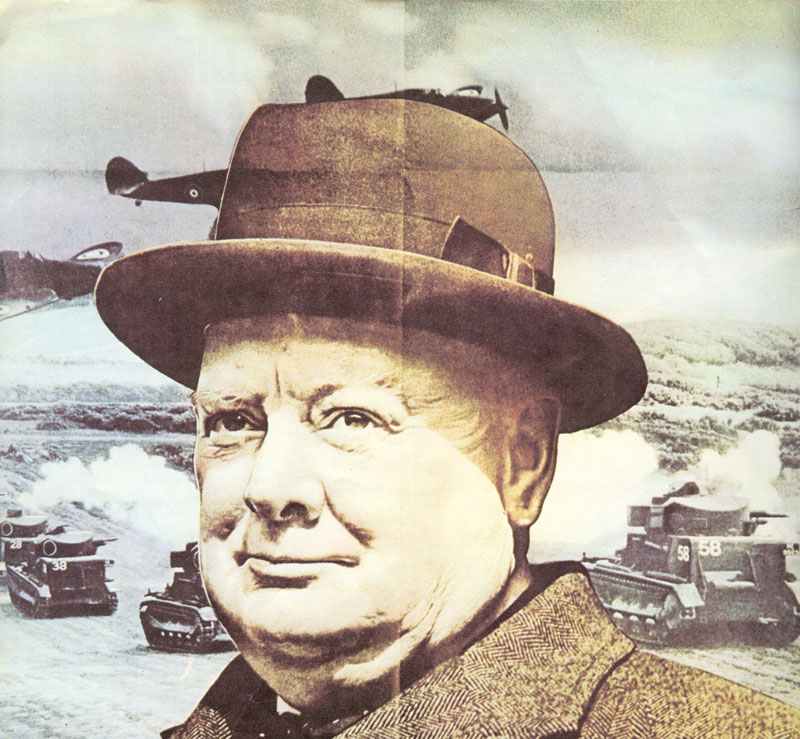
Table of Contents
Born into aristocracy in 1874, Churchill lived through nearly a century of dramatic change. From the Victorian era to the nuclear age, he saw—and shaped—a lot. His life included military service, journalism, decades in politics, and a mountain of writing that actually earned him the Nobel Prize for Literature.
Churchill led Britain from near defeat to victory during World War II, serving as Prime Minister from 1940 to 1945 when the nation faced its greatest threat. His speeches and determination helped rally the British people during the darkest days of the war.
Beyond his wartime leadership, Churchill served in government for over five decades. He held major positions including First Lord of the Admiralty and returned as Prime Minister from 1951 to 1955.
Churchill’s story reveals a complex man who overcame early struggles to become a master of both sword and pen. His journey from a lonely schoolboy to a global statesman includes military adventures, political battles, personal relationships, and literary achievements.
Key Takeaways:
- Churchill served as Britain’s Prime Minister during World War II and again in the 1950s, leading the country through its most challenging period
- He had a diverse career as a soldier, war correspondent, politician, and award-winning author who wrote numerous books and won the Nobel Prize for Literature
- His life spanned nearly 91 years of dramatic historical change, during which he held major government positions and influenced world events through his leadership and writing
Early Life and Family Background
Winston Leonard Spencer Churchill was born into one of Britain’s most prestigious aristocratic families on November 30, 1874, at Blenheim Palace in Oxfordshire. His lineage connected him to military heroes and political leaders.
His education at elite institutions shaped his future career. The family name alone opened doors, but it wasn’t always smooth sailing for young Winston.
Birth and Ancestry
Winston Churchill was born on November 30, 1874, at Blenheim Palace. He arrived prematurely, which was unusual for the time.
His father was Lord Randolph Churchill, a prominent Conservative politician who served as Chancellor of the Exchequer. Lord Randolph came from the aristocratic Spencer-Churchill family.
His mother was Jennie Jerome, an American socialite from New York. She was the daughter of Leonard Jerome, a wealthy businessman who worked as a stockbroker, financier, and newspaper owner.
Through his father’s side, Churchill was directly descended from John Churchill, 1st Duke of Marlborough. This ancestor was a famous military hero who won important battles against the French in the early 1700s during the wars against Louis XIV.
The Churchill family held the title of Duke of Marlborough for generations. This noble lineage gave Winston access to Britain’s highest social circles from birth.
The Churchill Family and Blenheim Palace
Blenheim Palace was Winston’s birthplace and ancestral home. Queen Anne gave this grand estate to the Churchill family as a reward for military victories.
The palace served as the family seat of the Duke of Marlborough. It represented the Churchill family’s long history of service to the British crown.
Winston was the eldest son in his family. He had a younger brother named John who was born after him.
His parents were often absent during his childhood. Lord Randolph was busy with his political career, while Jennie was active in London society.
The family’s wealth and status provided Winston with many advantages. He grew up surrounded by books, art, and political discussions that would influence his later career.
Education at Harrow School and Sandhurst
Winston attended Harrow School, one of Britain’s most famous boarding schools. He entered Harrow in 1888 when he was 13 years old.
At Harrow, Winston wasn’t considered an outstanding student in traditional subjects. He struggled with Latin and mathematics but showed talent in English and history.
He enjoyed reading military history and playing with toy soldiers. These interests pointed toward his future military and political career.
After Harrow, Winston attended the Royal Military College at Sandhurst. This was Britain’s top military academy where future army officers trained.
At Sandhurst, Winston performed much better than at Harrow. He graduated in 1894 and received his commission as a second lieutenant in the cavalry.
His education at these elite institutions connected him with other members of Britain’s ruling class. These relationships would prove valuable throughout his career.
Military Career and War Correspondence
Churchill’s military career began at age 20 and took him across the British Empire from India to Sudan to South Africa. His unique combination of soldier and journalist let him witness major conflicts firsthand while building a reputation as a gifted writer.
Early Military Service and Royal Military College
Churchill’s father chose a military path for his son at age 14, influenced by Winston’s large collection of toy soldiers. At Harrow School, he joined the army class to prepare for military college entrance exams.
He entered the Royal Military College at Sandhurst after passing the entrance examination on his third attempt. The rigorous training prepared him for his commission as a second lieutenant.
In 1895, Churchill graduated from Sandhurst and received his commission in the 4th Queen’s Own Hussars. His cavalry regiment provided excellent training in horsemanship and military tactics.
Churchill quickly sought active service opportunities beyond routine garrison duty. His ambition and connections helped him secure assignments in various conflict zones across the empire.
Campaigns in India, Sudan, and the Battle of Omdurman
Churchill traveled to India with his regiment in 1897 to fight Pathan and Afghan tribesmen on the North-West frontier. He secured a contract as a war correspondent for the Daily Telegraph during this campaign.
The frontier fighting exposed Churchill to real combat for the first time. He participated in cavalry charges and experienced the dangers of frontier warfare against skilled tribal fighters.
In 1898, Churchill obtained a temporary commission as Lieutenant with the 21st Lancers for the Sudan campaign. He again served as a war correspondent, this time writing for the Morning Post.
Churchill participated in the Battle of Omdurman in September 1898, one of the last great cavalry charges in British military history. The battle saw British and Egyptian forces defeat the Mahdist army decisively.
His experiences in Sudan included witnessing the efficient killing power of modern weapons against traditional forces. This shaped his understanding of how warfare was changing in the modern era.
Boer War Experiences and Dramatic Escape
The Boer War broke out in 1899 after Churchill had left active military service. He immediately secured another assignment from the Morning Post as their war correspondent in South Africa.
Churchill traveled aboard an armored train that was ambushed by Boer forces near Estcourt. He was captured while helping to clear the railway line and free the engine.
His imprisonment in Pretoria lasted nearly a month before he made a daring escape. Churchill climbed over the prison wall and walked nearly 300 miles to Portuguese territory.
The escape made Churchill famous throughout the British Empire. Newspapers covered his adventure extensively, turning him into a household name at age 25.
He returned to the war after his escape and received a commission in the Scots Fusiliers. Churchill continued reporting while serving as a military officer until the war’s end.
War Correspondent and Published Works
Churchill’s dual role as soldier and journalist produced several important books about his military experiences. His writing combined personal adventure with serious military analysis.
“The Story of the Malakand Field Force” appeared in March 1898, based on his frontier fighting in India. The book established Churchill as a serious military writer and political commentator.
His Sudan experiences became “The River War” in 1899, a two-volume work that offered surprisingly sympathetic views of his enemies. The book demonstrated Churchill’s growing skills as both historian and analyst.
Churchill’s war correspondence appeared in major British newspapers including the Daily Telegraph and Morning Post. His reports combined vivid personal accounts with broader strategic insights.
These early writings launched Churchill’s literary career and provided financial independence. The success of his books and journalism allowed him to enter politics without depending on family wealth.
Entry into Politics and Rise to Power
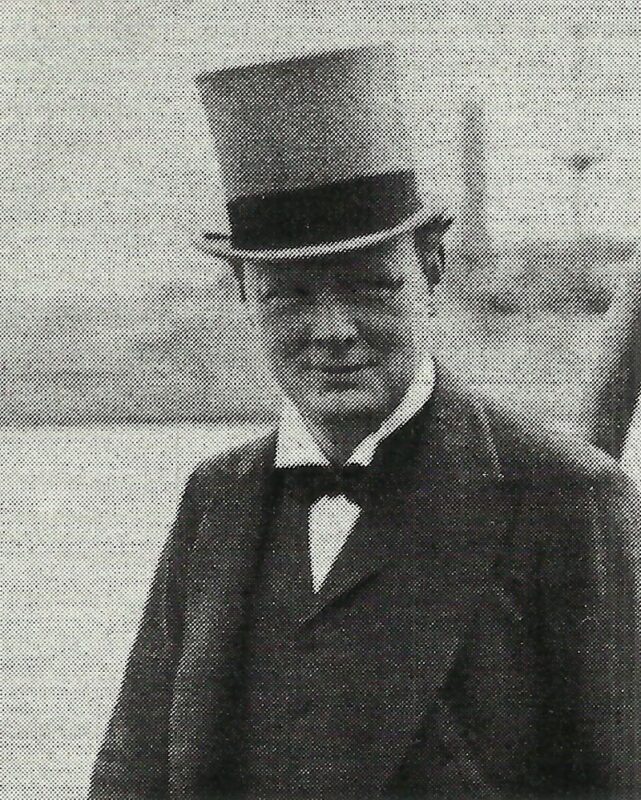
Churchill entered Parliament at age 25 in 1900. He quickly established himself as an ambitious politician willing to switch parties for his beliefs.
His early career featured rapid advancement through key government positions. He championed significant social reforms, including unemployment insurance and minimum wage legislation.
Parliamentary Beginnings and Party Shifts
Churchill won his first seat as Member of Parliament for Oldham in 1900, representing the Conservative Party. He was only 25 years old when Queen Victoria still ruled Britain.
His independent thinking soon caused problems with his party. Churchill supported free trade while many Conservatives wanted protective tariffs.
This disagreement led to his dramatic break from the party in 1904. He crossed the floor to join the Liberal Party, a move that shocked many politicians.
His former Conservative colleagues saw this as betrayal. Churchill defended his switch by saying he followed his principles on trade policy.
The young politician quickly made his mark in the Liberal government. He won the Manchester Northwest seat in 1906 as a Liberal candidate.
His political skills and speaking ability helped him stand out among other new members. Even then, he seemed destined for bigger things.
Key Early Government Positions
Churchill’s knack for politics got him promoted fast in the Liberal government. In 1908, at just 33, he landed the job of President of the Board of Trade.
The Board of Trade managed commercial and industrial policy. But getting that post meant Churchill had to run for re-election.
He lost his Manchester seat but bounced back by winning Dundee. That little hiccup didn’t really slow him down.
By 1910, Churchill became Home Secretary, taking charge of law and order. He dealt with big incidents like the Tonypandy riots in Wales and the Sidney Street siege in London.
Then, in 1911, he moved up again as First Lord of the Admiralty. Now he was running the Royal Navy right before World War I.
Churchill pushed hard to modernize the fleet. He wanted Britain ready for whatever storm might come.
Social Reform and Legislative Initiatives
At the Board of Trade, Churchill threw himself into social reform. He helped set up Britain’s first unemployment insurance system, giving workers a safety net if they lost their jobs.
He backed minimum wage laws for certain industries. The Trade Boards Act of 1909 set minimum pay in tough trades like tailoring and lace-making.
These reforms aimed to lift up Britain’s poorest workers. Churchill also pushed for labor exchanges—government-run offices matching job seekers with employers.
He didn’t shy away from tricky political fights either. Churchill supported Irish Home Rule, believing Ireland deserved its own parliament but should stay part of the UK.
This stance clashed with many Conservatives, who fiercely opposed Irish independence.
World War I Leadership and Challenges

Churchill’s World War I years were a wild ride—naval innovation, the disaster at Gallipoli, and a complicated return to government. These moments shaped his reputation for decades, for better or worse.
First Lord of the Admiralty and Naval Innovations
He took over as First Lord of the Admiralty in 1911 and held the post through 1915. When World War I broke out in August 1914, Churchill was steering the ship, so to speak.
He didn’t waste time. On August 2, 1914, Churchill ordered the Royal Navy to mobilize—even before Britain officially declared war. That decision meant the fleet was ready when the shooting started.
Churchill championed new military tech at the Admiralty. He pushed for naval aircraft and got behind early tank development, too.
Key Naval Innovations Under Churchill:
- Aircraft carriers and naval aviation
- Submarine warfare tactics
- Improved naval artillery
- Early armored vehicle prototypes
He made bold calls beyond just tech. Churchill urged Belgium to hold on to Antwerp longer, buying the Allies precious time to organize their defense.
Under his watch, the Admiralty kept British naval supremacy intact. The Royal Navy’s blockade of German ports and protection of supply lines across the Atlantic were crucial.
Gallipoli Campaign and Western Front Service
Gallipoli was Churchill’s biggest blunder in World War I. In 1915, he helped plan the Dardanelles naval attack and the ill-fated landings at Gallipoli.
The goal was to open a new front against the Ottoman Empire. Churchill figured this would take heat off Russian forces and maybe even open a path to Constantinople.
Gallipoli Campaign Results:
- Over 250,000 Allied casualties
- Failed to achieve strategic objectives
- Led to Churchill’s removal from the Admiralty
- Damaged his political reputation severely
After the Gallipoli disaster, Churchill got demoted and resigned from government in November 1915. Not one to sit still, he signed up as a military officer on the Western Front.
He joined the Royal Scots Fusiliers as a lieutenant colonel and led a battalion through the trenches of France and Belgium. This stint lasted from late 1915 to early 1916.
Seeing trench warfare up close gave Churchill a harsh education. The daily misery of the front lines stuck with him and shaped his later decisions.
Return to Government and the Chanak Crisis
Prime Minister David Lloyd George brought Churchill back to government in 1917. Churchill took over as Minister of Munitions, handling weapons production and supply.
He boosted factory efficiency and ramped up weapon output. He kept at it until January 1919, after the war ended.
In 1919, Churchill became Secretary of State for Air and War. He attended peace talks in Paris, though he didn’t negotiate the treaties himself.
Instead, he focused on sorting out post-war military organization.
Churchill’s Post-War Positions:
- Minister of Munitions (1917-1919)
- Secretary of State for Air and War (1919-1921)
- Secretary of State for the Colonies (1921-1922)
The Chanak Crisis in 1922 was Churchill’s last big World War I-era test. Turkish forces threatened British positions at Chanak near the Dardanelles.
Churchill pushed hard for military action against Turkey. He wanted to defend British interests in the same region where Gallipoli had gone so wrong for him.
The crisis split the government and public. Most people wanted to avoid another war so soon after the last one.
The Conservative Party bailed on the coalition government, and Churchill lost his ministerial post.
Interwar Years in Politics and Writing
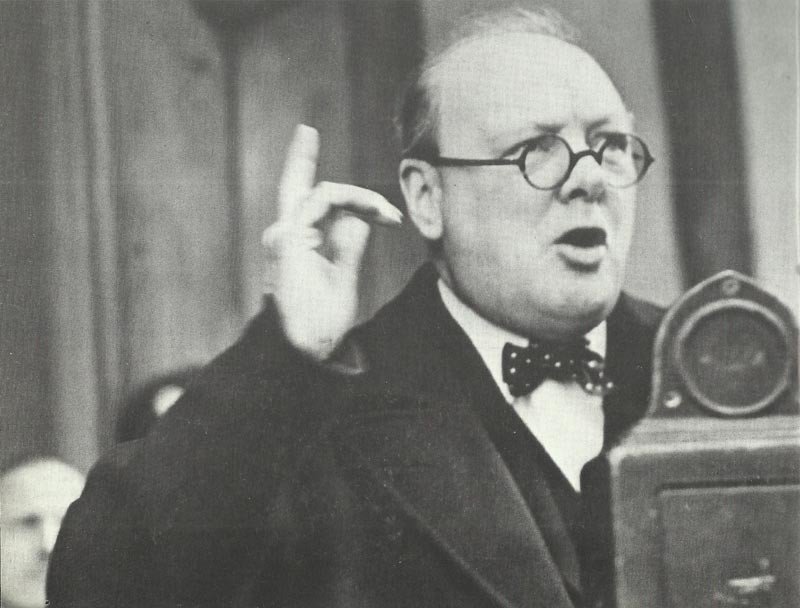
Churchill rejoined the Conservatives in 1924 and became Chancellor of the Exchequer. He made some controversial economic calls, like taking Britain back to the gold standard. The General Strike of 1926 hit his political fortunes hard, and he spent a decade on the sidelines, pouring his energy into writing and eventually winning the Nobel Prize in Literature.
Chancellor of the Exchequer and Economic Policy
Back with the Conservatives in 1924, Churchill got the Chancellor job—his dad’s old post. His biggest economic move? Returning Britain to the gold standard in 1925.
This pegged the pound to gold at pre-war rates. Economists slammed the decision since it made British exports pricier and hurt industry.
Unemployment climbed, and workers’ wages dropped as companies struggled abroad. Even Churchill admitted later that this was a huge mistake.
He also fought against a minimum wage and new welfare programs. Churchill figured these would weaken the economy, which put him at odds with unions and working-class voters.
The General Strike and Political Setbacks
The General Strike of 1926 was a turning point. Coal miners walked out over pay cuts and longer hours, and other unions quickly joined.
Churchill took a tough stance against strikers. He helped run the British Gazette, a government paper attacking the strike, which didn’t exactly win him friends among workers.
The strike fizzled after nine days, with little to show for the workers. Churchill’s role made him pretty unpopular with the working class.
When the Conservatives lost power in 1929, Churchill was out of government. The stock market crash that year also battered his personal finances.
He called this long stretch his “wilderness years.”
The Wilderness Years and Literary Achievements
From 1929 to 1939, Churchill held no office. Instead, he focused on writing, churning out books and articles to keep the bills paid.
He started work on “A History of the English-Speaking Peoples” and began planning “The Second World War“, his epic six-volume memoir.
His literary efforts paid off—he won the Nobel Prize in Literature in 1953 for his historical writing and speeches.
Churchill wrote partly to fund his expensive tastes and pay off debts. He contributed to newspapers and magazines worldwide, keeping his name in the spotlight even without political power.
During these years, he sounded the alarm about Nazi Germany’s rise. Most politicians brushed off his warnings about Hitler.
World War II Leadership and Prime Ministership
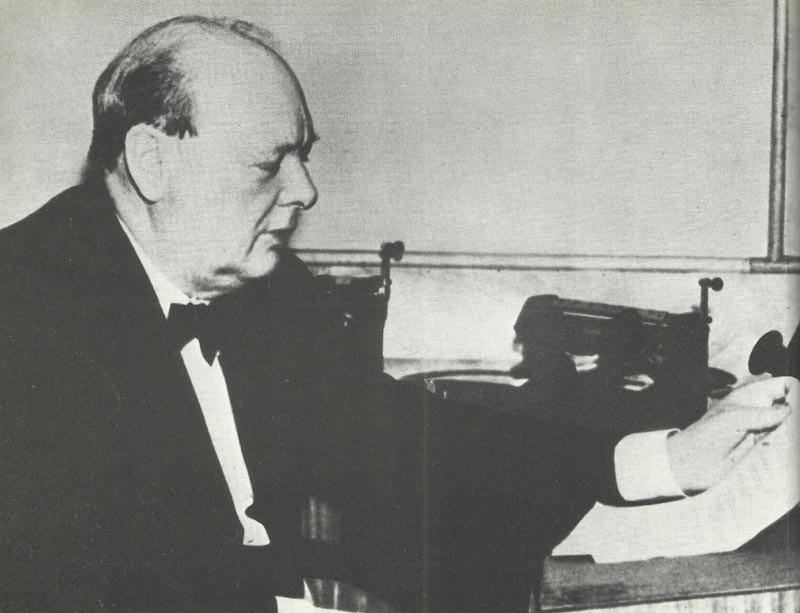
On May 10, 1940, Churchill became Prime Minister, stepping in during Britain’s darkest hour. He led the country through World War II until July 1945, forging the Grand Alliance, guiding Britain through pivotal battles, and helping shape the post-war world.
Becoming Prime Minister and the War Cabinet
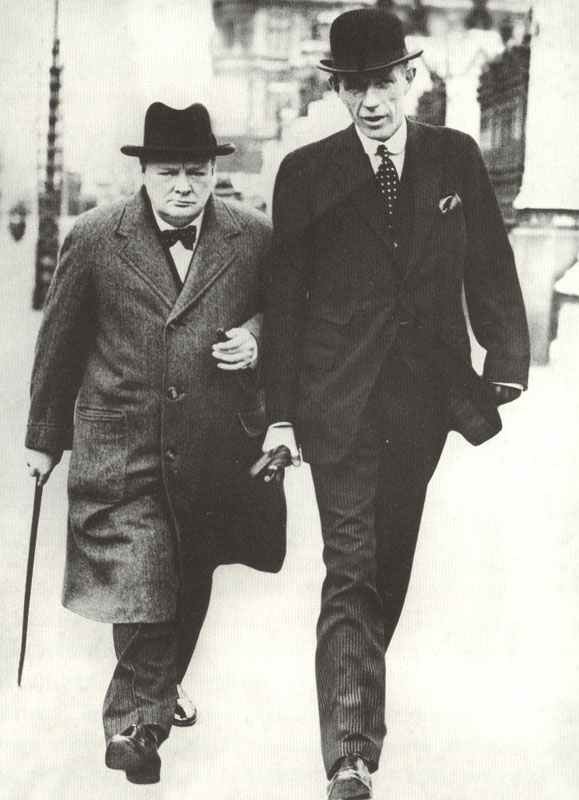
Churchill replaced Neville Chamberlain as Prime Minister on May 10, 1940. That was the same day Germany invaded Belgium, Luxembourg, and the Netherlands.
A lot of Conservatives didn’t trust Churchill at first. Labour had its doubts too. Even the House of Lords stayed quiet when news of his appointment broke.
He moved fast and set up a five-man war cabinet. Chamberlain stayed on as Lord President of the Council, and Labour’s Clement Attlee became Lord Privy Seal.
Halifax remained Foreign Secretary, and Arthur Greenwood joined as a minister without portfolio.
Key Cabinet Changes:
- 1940: Added Ernest Bevin, Anthony Eden, Lord Beaverbrook, and others
- Total members: Cabinet grew from 5 to 8 by the end of 1940
- Special role: Churchill made himself Minister of Defence
This move gave Churchill more power than any previous wartime Prime Minister. He brought in close allies like Lord Beaverbrook and scientific advisor Frederick Lindemann.
The war cabinet included politicians from far right to far left. Churchill liked to call it the broadest government in British history.
Forging the Grand Alliance
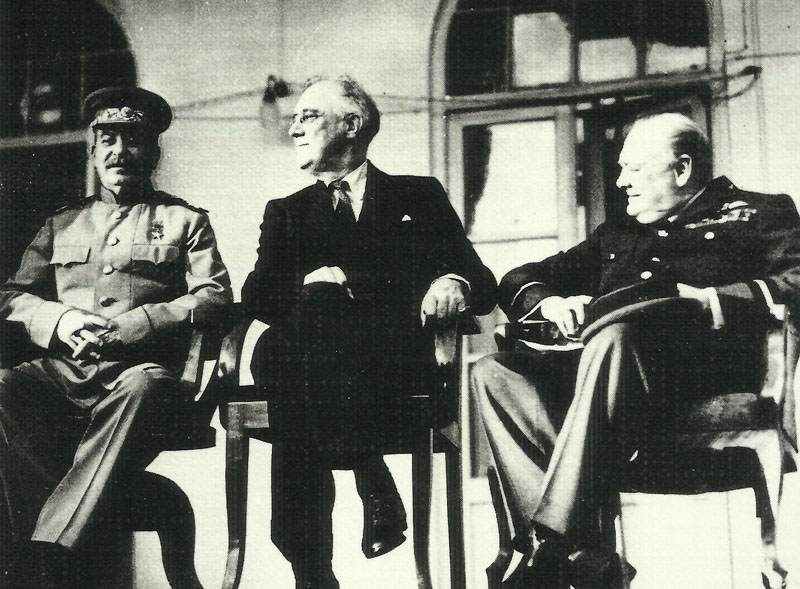
Churchill worked hard to build strong ties with the other big Allied powers. His top priority was creating the Grand Alliance with the United States and Soviet Union.
He built a close relationship with Franklin D. Roosevelt even before America entered the war. They met several times and exchanged a mountain of messages.
Their partnership only deepened after Pearl Harbor in December 1941. In August 1941, Churchill and Roosevelt signed the Atlantic Charter, laying out their shared vision for the post-war world.
It included ideas like self-determination and free trade. Churchill also worked with Stalin, even though their politics couldn’t have been more different.
That relationship was rocky but necessary. The three leaders met at several major conferences to coordinate strategy.
The Grand Alliance allowed the Allies to plan together, share resources, and launch joint operations. Churchill pushed for a second front in Europe and backed the Soviets’ fight on the Eastern Front.
By 1943, Britain found itself the junior partner as American industry took over. Churchill accepted this shift, knowing the alliance was key to beating Germany.
Major Battles and Turning Points
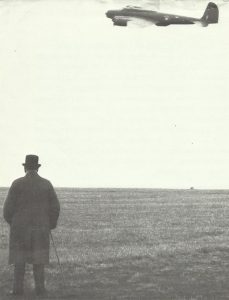
Churchill led Britain through some of the most intense battles of the Second World War. His speeches and decisions helped the country hold on when things looked bleak.
The Battle of Britain ran from July to October 1940. German planes hammered British cities and military targets.
Churchill’s speech about the Royal Air Force pilots—”Never was so much owed by so many to so few”—still echoes today.
The Blitz came next, from September 1940 to May 1941. German bombers attacked London and other cities night after night.
Churchill often walked through bombed neighborhoods to lift people’s spirits. Folks really felt his presence; it sent a clear message that Britain wouldn’t back down.
- Dunkirk evacuation: 338,226 Allied soldiers rescued in June 1940
- Battle of El Alamein: British victory in North Africa, October 1942
- D-Day landings: Allied invasion of Normandy, June 1944
After Dunkirk, Churchill delivered his “we shall fight on the beaches” speech. He warned, “wars are not won by evacuations,” but still praised the effort.
The Battle of El Alamein was Germany’s first big defeat. Churchill called it “not the end, not even the beginning of the end, but perhaps the end of the beginning.”
The Iron Curtain and the Cold War Context
Churchill saw the Soviet threat coming before the war even ended. He worried about what Stalin had planned for Eastern Europe.
In May 1945, Churchill sent a telegram to President Truman about the “Iron Curtain” falling across Europe. This was months before his famous Missouri speech.
He watched Soviet control spread across Eastern Europe and didn’t like what he saw.
August 1945 brought the atomic bomb. Churchill supported using it against Japan, convinced it would end the war faster and save Allied lives.
Post-War Concerns:
- Soviet expansion in Eastern Europe
- Communist influence in Greece and Turkey
- Future of Germany and Berlin
- Nuclear weapons and global balance
Churchill lost the 1945 election to Clement Attlee in July. After six years of war, British voters wanted change at home.
He felt disappointed but accepted the result. In March 1946, Churchill gave his “Iron Curtain” speech in Missouri, warning that Soviet communism threatened Western democracy.
This speech helped shape how America and Britain responded to the Soviet Union.
Postwar Years and Final Period in Office
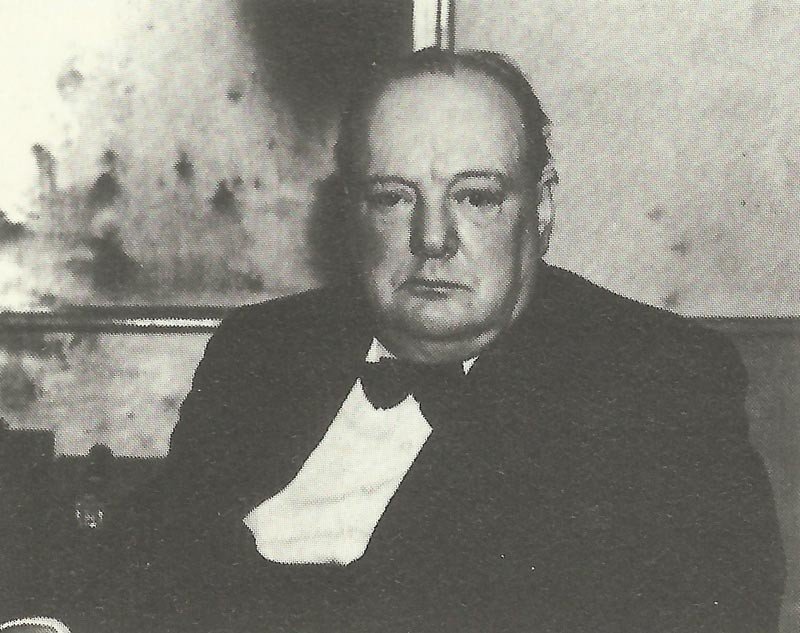
Churchill faced rejection by British voters in 1945, even after leading the nation through war. He spent six years as Leader of the Opposition, then returned as Prime Minister from 1951 to 1955 before retiring due to poor health.
Leadership After Victory
In May 1945, Churchill stood at the peak of his power. He’d led Britain to victory over Nazi Germany.
The wartime coalition government had pulled the country together under his leadership. At the Potsdam Conference in July 1945, Churchill met with Stalin and Truman to sort out postwar Europe.
He represented Britain as one of the three main Allied leaders. The conference aimed to set up the new world order after Germany’s defeat.
Churchill believed Britain should hold on to its empire and world power status. He pushed for close ties with America to counter the Soviets.
His vision put Britain and the U.S. side by side as major players on the world stage.
The 1945 General Election and Opposition Role
The July 1945 election shocked Churchill and the Conservatives. Despite his war record, voters chose Labour.
He stepped down as Prime Minister and became Leader of the Opposition. For six years, Churchill led the Conservative opposition in Parliament and kept his voice in world affairs.
His most famous moment in opposition was the “Iron Curtain” speech at Westminster College in Missouri, March 5, 1946.
Key Opposition Activities:
- Delivered the Iron Curtain speech warning about Soviet expansion
- Wrote his six-volume war memoirs The Second World War
- Advocated for European unity while keeping Britain independent
- Criticized Labour’s policies on decolonization and European integration
Churchill didn’t want Britain to join the European Coal and Steel Community. He saw it as a Franco-German idea that didn’t fit British interests.
Return as Prime Minister and Later Statesmanship
The Conservatives won the October 1951 election, this time with a slim majority. Churchill became Prime Minister again at age 77.
His health was already shaky when he took office. He focused mostly on foreign affairs during his second term and made four official trips to America between 1952 and 1954.
His main goal was to strengthen the “special relationship” with the U.S.
Health Challenges:
- Suffered multiple minor strokes before 1953
- Had a serious stroke on June 23, 1953
- Kept his illness secret from Parliament and the public
- Kept working despite partial paralysis
Churchill’s government built 300,000 houses a year under Harold Macmillan. But domestic policy mostly took a back seat to international issues.
He worried about immigration from the West Indies and the shrinking British Empire. Churchill finally resigned as Prime Minister on April 5, 1955.
Anthony Eden took over as both party leader and Prime Minister. Churchill stayed an MP until 1964, then retired from politics for good.
Personal Life, Character, and Family
Churchill’s personal world revolved around his marriage to Clementine and their five children. He shaped his character through wide-ranging interests, from painting to writing.
The Churchill family name carried aristocratic roots and political influence for generations.
Marriage to Clementine Churchill
Winston Churchill married Clementine Hozier on September 12, 1908, at St. Margaret’s Church in Westminster. Their marriage lasted 56 years, right up until his death in 1965.
Clementine was Churchill’s strongest supporter and a trusted advisor. She gave him honest advice during tough times, and they kept a close partnership despite the chaos of public life.
The Churchills had five children:
- Diana (1909-1963)
- Randolph (1911-1968)
- Sarah (1914-1982)
- Marigold (1918-1921) – died of septicemia as a child
- Mary (1922-2014)
Their son Randolph Churchill followed his father into politics and journalism. He served as an MP and wrote parts of his father’s official biography.
Interests and Private Pursuits
Churchill bought Chartwell, a country house in Kent, in 1922. The place became his sanctuary—he wrote, painted, and even built brick walls there.
Painting turned into a real passion for him later in life. He created over 500 works, mostly landscapes and travel scenes.
It helped him relax when things got stressful. Churchill wrote a lot too—books like The World Crisis and The Second World War—and won the Nobel Prize in Literature in 1953.
He liked laying bricks, building ponds, and tinkering around Chartwell. He also kept goldfish and raised pigs on the land.
Winston Churchill’s gambling habits
Winston Churchill is one of the most famous figures in British history. He was one of the few leaders who saved the United Kingdom from occupation by the German Reich during World War II. He is still revered today, especially in England, in a way that not even a new no deposit casino bonus 2022 can match. When he took office as prime minister, it seemed that Britain was already doomed.
He led isolated England through dark years, and all of this is now known in great detail. Numerous historians have analyzed documents and reports from contemporary witnesses and portray Winston Churchill as a hero of Britain. However, David Lough’s book entitled “No More Champagne” reveals a different side to Churchill. It deals with Churchill as a private individual and, in detail, with his finances. Privately, Churchill also had struggles, namely with gambling. It is even suspected that he suffered from gambling addiction!
Winston Churchill and alcohol
The hero of the British Empire was anything but averse to alcohol. In an interview conducted by the Swiss news magazine 20 Minuten with Churchill’s great-grandson, the latter also discussed the former British prime minister’s favorite drinks at length. These included Johnny Walker Red Label, champagne, sherry, port, cognac, brandy, and cocktails. In 1936, he is said to have emptied 454 bottles of alcoholic beverages with his patrons in just two months. Almost characteristic is the cigar that was always in Churchill’s hand or mouth. In 1914, Churchill’s cigar consumption increased to up to a dozen a day! However, even after his time as prime minister, he could not give up his vices. During a two-month stay in Chartwell in 1949, the bill is said to have included more than 1,100 bottles of alcoholic beverages.
Something almost unbelievable is said to have happened in Monte Carlo
The British statesman had a particularly close relationship with the Casino Hotel de Paris in Monte Carlo. In the years before World War II, he occasionally traveled to the French Mediterranean coast and regularly stopped at the casino. In August 1939, he did so once again, only this time luck was anything but on his side. That evening, he is said to have accumulated by far the highest gambling debts of his life. This “losing streak” even prompted the casino director to intervene, recommending that Churchill stop gambling for the day. Sir Winston refused in his typically gruff manner and promised to pay the next morning. However, that morning never came, as he was immediately recalled to London due to the approaching start of World War II.
Where Churchill’s love of gambling came from
Many people in the UK wonder where Churchill’s fondness for gambling came from. To find an answer to this question, one must take a look at the Churchill family. The future British war hero grew up in wealthy circumstances. His parents both came from families of rich merchants and bankers, so money was never an issue in the family. In this upper class, it was more or less commonplace to consume alcohol in abundance, smoke cigars, and, of course, engage in gambling. So it was completely normal for Churchill to play roulette and other games of chance for medium and large sums of money from an early age. Later, this even extended to gambling with stocks.
A look at the British Prime Minister’s finances reveals something terrible
David Lough’s book (unfortunately only available in English, but easily obtainable in Germany) takes the reader into a different world of the folk hero. A world where there is no hero, only a big loser. For most of his life, Churchill was up to his ears in debt. By the 1930s, his debt had already reached more than £2.5 million (converted according to today’s purchasing power). Shortly before he became Prime Minister of Great Britain in 1940, a friend of the family was forced to give him £1 million so that his debt could reach a level acceptable to the public.
Churchill and gambling in France
France seemed to have a special appeal for Winston Churchill. In the period before the outbreak of World War II, he even traveled to the French Riviera every year. During these vacations, trips to the casino became a matter of course for him. However, he was rarely lucky, which meant that he had to plan for a gambling budget of around £40,000. In 1936, he even gambled away the incredible sum of £50,000 in a single vacation trip to the casino in Cannes. In 1927, Churchill was on his way back from a Mediterranean cruise and stopped at the casino in Dieppe in northern France. There, he lost a sum equivalent to £17,500 in today’s money in a single evening playing baccarat.
Legacy of the Churchill Family
The Churchill family name means a lot in British history. Winston came from aristocratic stock, descended from the Duke of Marlborough.
His father, Lord Randolph Churchill, was a big name in Conservative politics. After Winston died, several family members stayed active in public life.
His grandson Winston Churchill served as an MP from 1970 to 1997. The family kept Chartwell as a memorial to Winston’s legacy, and now the National Trust runs it as a museum.
You can visit and see his studio, study, and gardens. Many Churchill descendants have gone into journalism, politics, or public speaking, keeping the tradition of public service and achievement alive.
Writings, Honors, and Lasting Influence
Churchill wrote over 40 books and picked up the Nobel Prize in Literature in 1953. He played major roles in international organizations and shaped how we understand World War II through his writing and leadership.
Major Publications and Nobel Prize
Churchill published more than 40 books in 60 volumes. He wrote hundreds of articles as a journalist, too.
His writing career stretched about 60 years and helped pay the bills. Publishers paid him well because his books sold like crazy.
Key Works:
- The Second World War – six-volume memoir of his wartime leadership
- A History of the English-Speaking Peoples – four-volume historical work
- Several books about his military and political experiences
Churchill won the Nobel Prize in Literature in 1953. The committee recognized his skill with both spoken and written words.
His speeches and books showed his command of the English language. The money from writing helped support his lifestyle and political work.
Involvement with International Institutions
Churchill warned about Soviet influence in Europe after the war. He talked about an “iron curtain” dividing the continent and pushed for European unity, even during tense times.
The International Churchill Society keeps his legacy alive today. They study his life and works, helping people understand his impact on history and politics.
Churchill’s speeches during the war rallied the British people. His words gave hope when things looked grim, and people still study them for their power.
His leadership style set an example for others. Folks still point to his courage and strategic thinking as something to aim for.
Influence on British and Global History
Randolph S. Churchill started writing Churchill’s official biography. After Randolph died, Martin Gilbert took over and finished the most complete account of Churchill’s life.
Churchill’s books shaped how we look at World War II. His firsthand accounts of major events are still a key resource for historians.
His influence goes beyond politics and writing. Military leaders study his decisions, and political scientists dig into his crisis leadership.
Churchill’s books are still in print. New readers keep discovering them, and his ideas about democracy and freedom still matter in political debates around the world.
Historical Memory and Churchill Scholarship
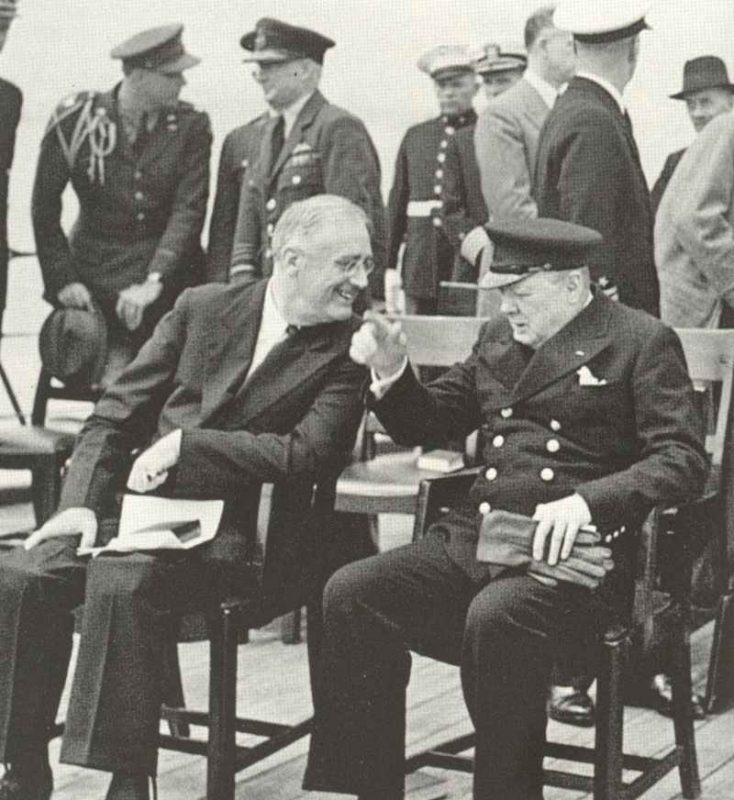
Churchill’s legacy lives on through the official biography project, which spans decades and millions of documents.
Modern scholarship centers around Hillsdale College’s Churchill Project, which maintains the world’s largest Churchill archive and keeps research on his life and times moving forward.
Official Biography and The Churchill Documents
Winston Churchill wanted an official biography in the late 1950s. Randolph, his son, started the work but passed away before finishing it.
Martin Gilbert stepped in as the official biographer in 1968. He stuck with the project for more than 40 years.
The biography breaks down into two big sections:
- 8 narrative volumes that tell Churchill’s life story
- 23 volumes of The Churchill Documents packed with original papers
Gilbert managed to finish 17 of the 23 document volumes before his health got in the way. Larry Arnn, president of Hillsdale College, completed the last six volumes in 2019.
The whole set covers Churchill’s life from 1874 to 1965. It’s massive—over 20 million words from Churchill himself, and 60 million more written about him.
You’ll find letters, speeches, memos, and official papers. These documents really show how Churchill made decisions during major historical events.
The Churchill Archive and Modern Research
Hillsdale College kicked off the Churchill Project to keep Churchill’s record alive and accessible. The college now holds some of the most important Churchill research collections anywhere.
Here’s a taste of what’s in the archive:
- Martin Gilbert’s personal papers from his decades-long biographer role
- The Ronald Cohen Collection, which includes Churchill’s writings and audio
- Digital access to everything Churchill published
- Original documents from Churchill’s 60-year political career
Researchers, students, and scholars from all over use the archive. Hillsdale runs online courses on Churchill and statesmanship, and they host annual conferences where historians share fresh research.
Thanks to the digital archive, anyone with internet can dig into Churchill’s papers. This has opened up all sorts of new research angles for people studying 20th-century history, World War II, or leadership in general.
Ongoing Legacy in Academia
Churchill scholarship just keeps growing. The Winston Churchill Foundation gives scholarships to American students heading to Cambridge, a program Churchill himself suggested back in 1959.
Hillsdale College set up an endowed chair in history focused on Churchill’s statesmanship. They offer undergrad courses on Churchill’s life and political ideas, and students can apply for Churchill scholarships.
The International Churchill Society brings Churchill scholars together from around the globe. Founded in 1968, the society publishes research and works hard to keep the Churchill story accurate.
Modern historians keep putting out new Churchill biographies and studies. They rely a lot on the official biography and document collections as their main sources.
Frequently Asked Questions
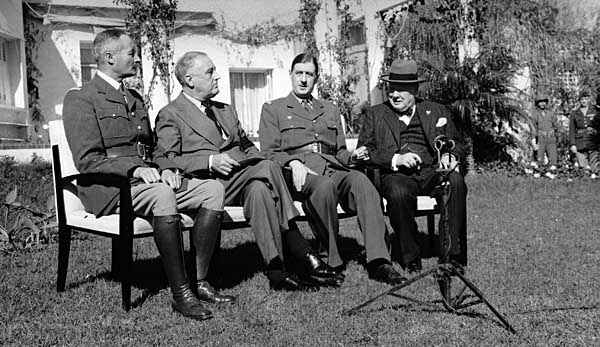
Winston Churchill lived from 1874 to 1965. He served as Britain’s Prime Minister during World War II, played a huge role in the Allied victory, and even snagged the Nobel Prize in Literature.
What were the most significant achievements of Winston Churchill during his political career?
Churchill held the Prime Minister post twice—first from 1940 to 1945, then again from 1951 to 1955. His first term lined up with Britain’s toughest days in World War II.
Before becoming Prime Minister, he took on roles like First Lord of the Admiralty, Secretary of State for the Colonies, and Chancellor of the Exchequer.
He actually switched political parties twice: Conservative to Liberal in 1904, then back to Conservative in 1924.
Most people remember him for leading Britain through World War II. He rallied the British people when invasion seemed almost certain.
How did Winston Churchill’s leadership influence the outcome of World War II?
Churchill took over as Prime Minister in May 1940, just as Nazi Germany was steamrolling through Europe. His speeches fired up the British public to keep fighting, no matter how bad things looked.
He built a strong partnership with President Franklin D. Roosevelt. That connection was key to getting American help and supplies to Britain.
Churchill helped form the Grand Alliance with Britain, the Soviet Union, and the United States. This group eventually defeated Nazi Germany and its allies.
He flat-out refused to negotiate with Hitler. That decision gave the Allies time to regroup and plan their comeback.
What is the chronology of Winston Churchill’s life, including his early years and education?
Winston Leonard Spencer-Churchill was born on November 30, 1874, into a wealthy English family. His father, Lord Randolph Churchill, was a big name in politics.
Churchill went to Harrow School, but honestly, he struggled academically. He usually landed near the bottom of his class.
He entered the Royal Military College at Sandhurst in 1893. After graduating, he became an officer in the 4th Queen’s Own Hussars.
During the 1890s, Churchill worked as both a soldier and a war correspondent. He saw action in Cuba, India, and Sudan.
He got into Parliament in 1900 as a Conservative, just 25 years old at the time.
In what ways did Winston Churchill’s policies and decisions shape post-war Europe?
Churchill coined the term “Iron Curtain” to describe Soviet control over Eastern Europe. His 1946 speech in Fulton, Missouri, warned about Communist expansion.
He pushed for NATO and wanted strong ties between Western countries. Churchill thought unity was the only way to counter Soviet threats.
His speeches and writings had a big influence on how the West saw the Cold War. He kept warning that the Soviet Union posed a real danger to freedom.
Churchill also supported European unity and early steps toward what became the European Union.
What were Winston Churchill’s contributions to literature and the arts?
He won the Nobel Prize in Literature in 1953 for his historical writing and speeches. That’s not something you see every day from a politician.
Churchill wrote over 40 books. People still read “The World Crisis” and “The Second World War.”
He painted too—over 500 works, actually. He picked up painting at 40 and found it relaxing.
His speeches? They’re legendary. “We Shall Fight on the Beaches” and “Their Finest Hour” are classics of English rhetoric.
How did Winston Churchill’s personal life and character traits impact his leadership style?
Churchill had a stubborn streak and just wouldn’t quit. That grit really came through when he led Britain during its darkest days.
He worked insanely long hours, expecting his staff to keep up. Sometimes, he’d call meetings in the middle of the night or before sunrise—probably drove people a bit mad.
He loved a good debate, almost thrived on it. Churchill never shied away from an argument and seemed to enjoy the intellectual back-and-forth.
He wrestled with what he called his “black dog”—bouts of depression. Even so, he managed to pull himself together and stay focused when it mattered most.
References and literature
A World at Arms – A Global History of World War II (Gerhard L. Weinberg)
Fateful Choices (Ian Kershaw)
Churchill Memories (Winston Churchill)
Winston Churchill (Sebastian Haffner)


